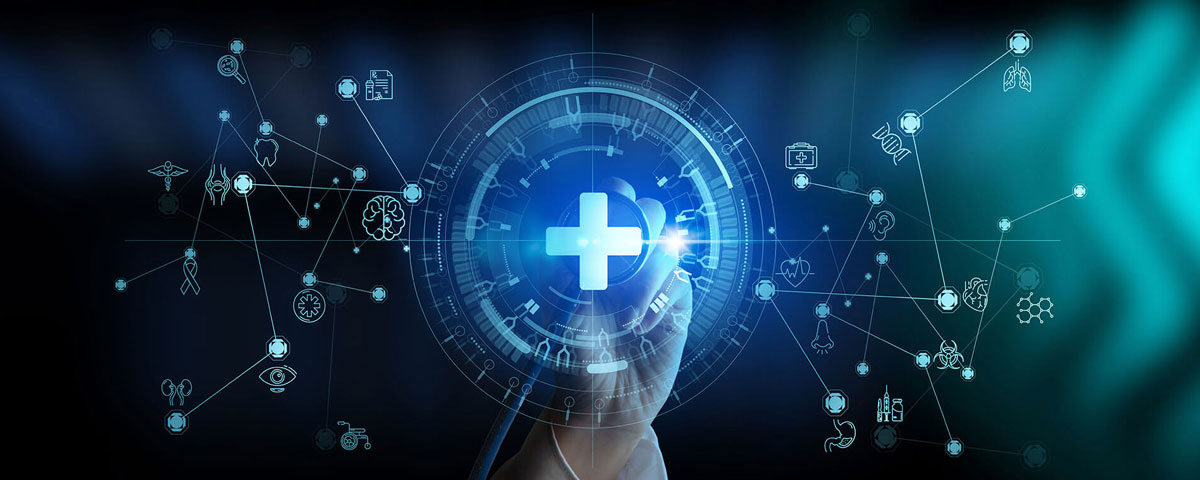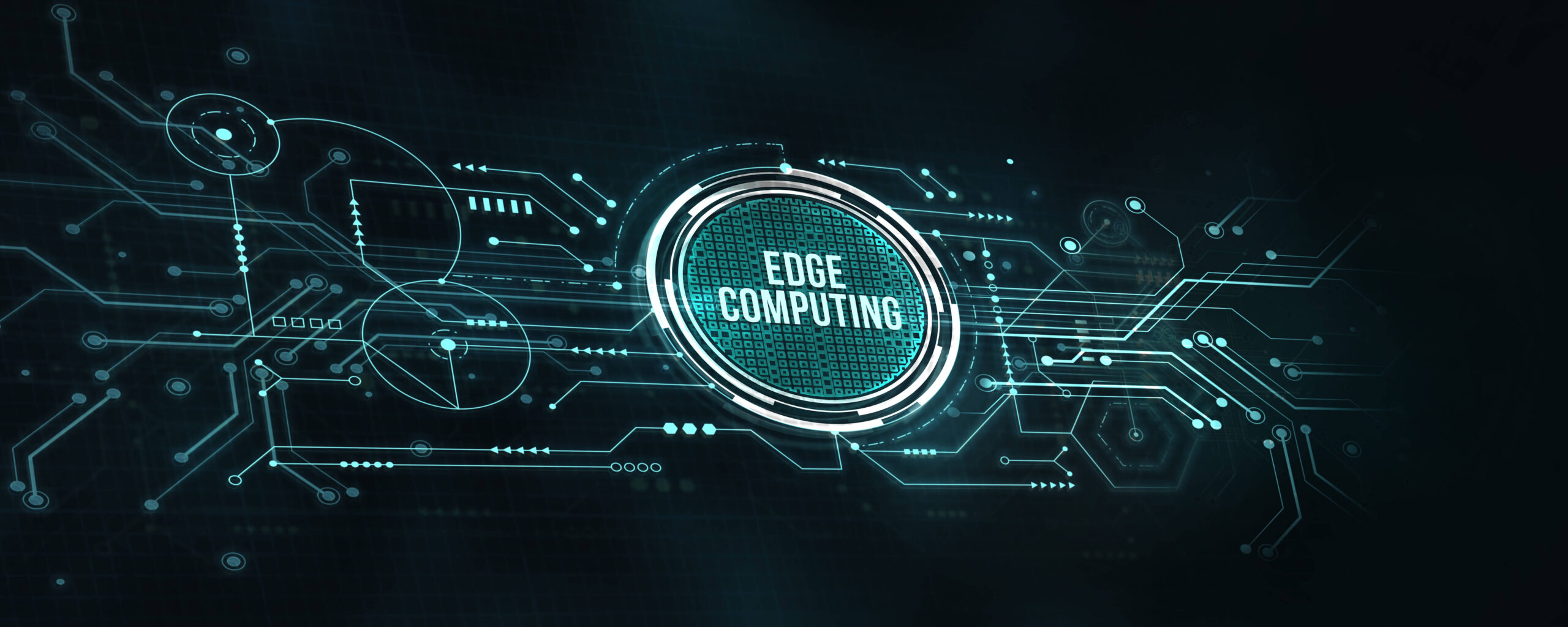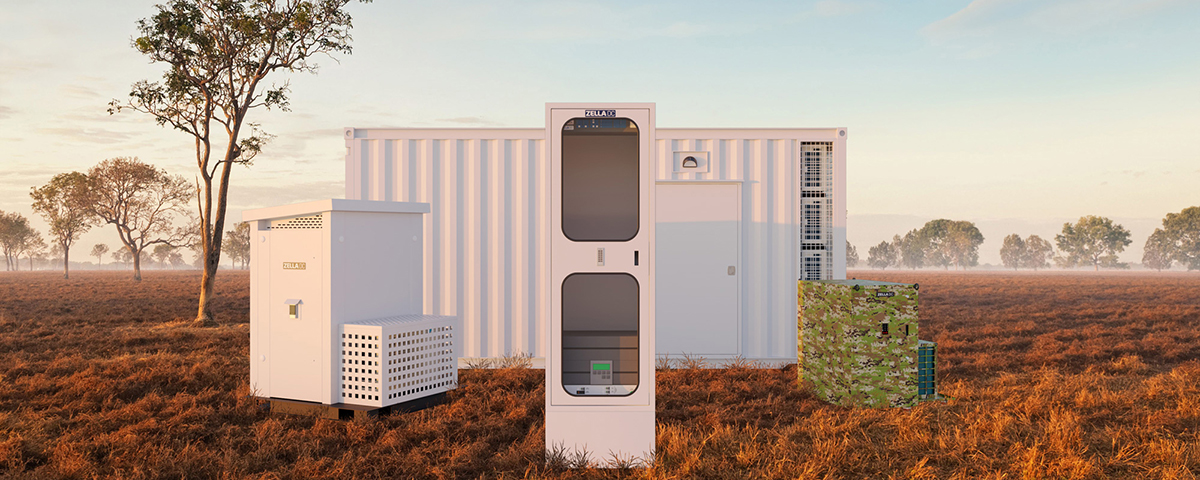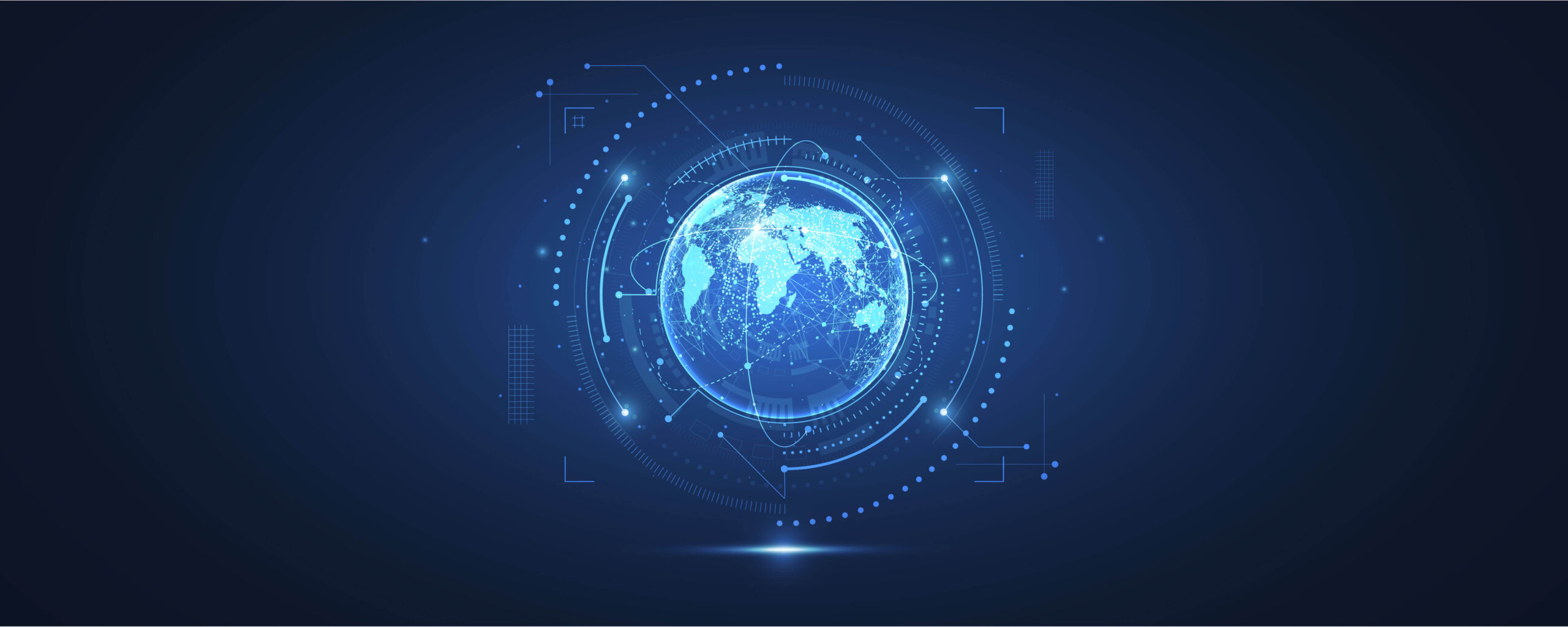The healthcare industry is undergoing a digital revolution. From electronic health records (EHRs) to telemedicine and wearable health tech, the integration of digital technologies has transformed the way healthcare providers deliver services. Central to this transformation is the need for robust, efficient, and secure data management systems. This is where micro data centres (MDCs) come into play. At Zella DC, we have seen firsthand the critical role MDCs play in modern healthcare. In this blog, we explore how micro data centres are revolutionising healthcare delivery.
The Evolution of healthcare technology
Over the past decade, healthcare has witnessed an exponential growth in data generation. This includes patient records, diagnostic imaging, genomics data, and information from wearable devices. Traditionally, this data was stored in centralised data centres or cloud storage solutions. However, the need for real-time data processing, low latency, and enhanced security has driven the adoption of edge computing and MDCs.
What are Micro Data Centres?
Micro data centres are compact, self-contained data centres designed to provide the same functionality as traditional data centres but on a smaller scale. They can be deployed quickly and are often located close to the source of data generation, making them ideal for edge computing applications. MDCs are equipped with all the necessary components, including power, cooling, and security systems, to operate independently.
Enhancing patient care with real-time data
One of the most significant benefits of MDCs in healthcare is their ability to process data in real-time. In a hospital setting, seconds can make a difference between life and death. MDCs enable healthcare providers to access and analyse critical patient data instantaneously. For instance, in an intensive care unit (ICU), MDCs can collect and process data from various monitoring devices, providing real-time insights into a patient’s condition and enabling timely interventions.
Supporting telemedicine and remote monitoring
The COVID-19 pandemic accelerated the adoption of telemedicine, highlighting the need for robust and reliable data infrastructure. MDCs play a pivotal role in supporting telemedicine by ensuring low-latency data transmission and secure communication between patients and healthcare providers. They also facilitate remote monitoring of patients with chronic conditions, allowing healthcare professionals to track vital signs and intervene when necessary.
Enhancing diagnostic capabilities
Modern diagnostic tools, such as MRI machines and CT scanners, generate massive amounts of data. Traditionally, this data would be sent to a centralised data centre for processing, leading to delays. With MDCs, this data can be processed locally, significantly reducing the time required to generate diagnostic results. This rapid processing capability enhances the efficiency of diagnostic workflows and improves patient outcomes.
Ensuring data security and compliance
Healthcare data is highly sensitive and subject to strict regulatory requirements. MDCs offer enhanced security features, such as encryption, robust password policies, and firewalls, ensuring that patient data is protected. Additionally, MDCs can be designed to comply with specific healthcare regulations, such as HIPAA in the United States, ensuring that healthcare providers meet legal obligations.
Improving operational efficiency
Hospitals and healthcare facilities operate 24/7, and any downtime can have severe consequences. MDCs are designed for high availability and reliability, ensuring continuous operation even during power outages or network disruptions. This reliability translates to improved operational efficiency and reduced downtime, which is critical in a healthcare setting.
Facilitating genomics and research
The field of genomics generates vast amounts of data that require significant computational power to analyse. MDCs can be deployed within research facilities or hospitals to provide the necessary processing power for genomics research. By processing data locally, researchers can accelerate their studies and contribute to advancements in personalised medicine.
Future trends and innovations
The future of healthcare will see even greater integration of digital technologies, with MDCs playing a central role. Emerging technologies such as artificial intelligence (AI) and machine learning (ML) will rely on MDCs for real-time data processing and analysis. Additionally, the proliferation of Internet of Things (IoT) devices in healthcare will generate more data than ever before, necessitating robust edge computing solutions.
Micro Data Centres in healthcare
Micro data centres are revolutionising the healthcare industry by providing efficient, secure, and reliable data processing capabilities. From enhancing patient care and supporting telemedicine to ensuring data security and facilitating research, MDCs are integral to modern healthcare infrastructure. At Zella DC, we are committed to advancing healthcare through innovative MDC solutions that meet the evolving needs of healthcare providers. As we look to the future, we are excited about the possibilities that MDCs will unlock in the quest for better healthcare outcomes.
Find out more about our products or get in touch to find out how our micro data centres can support your business.






